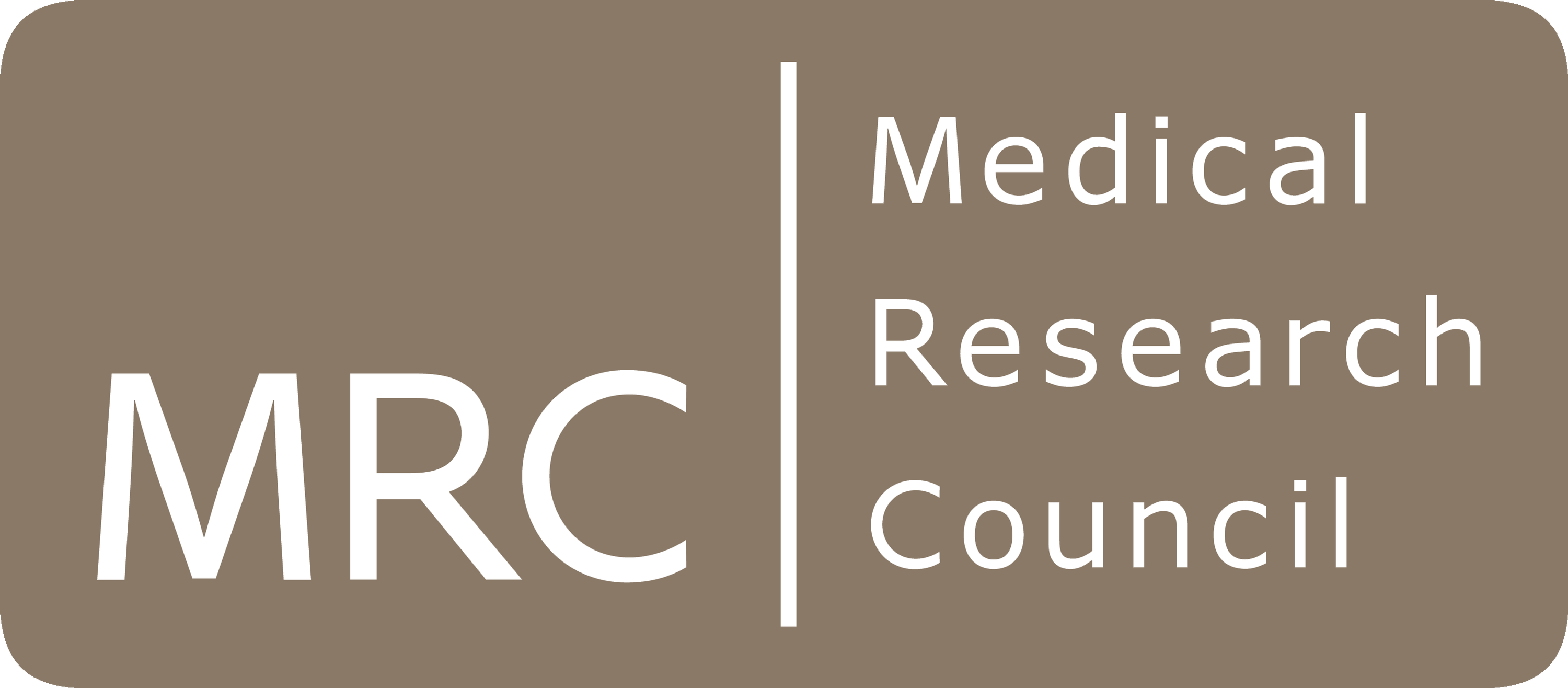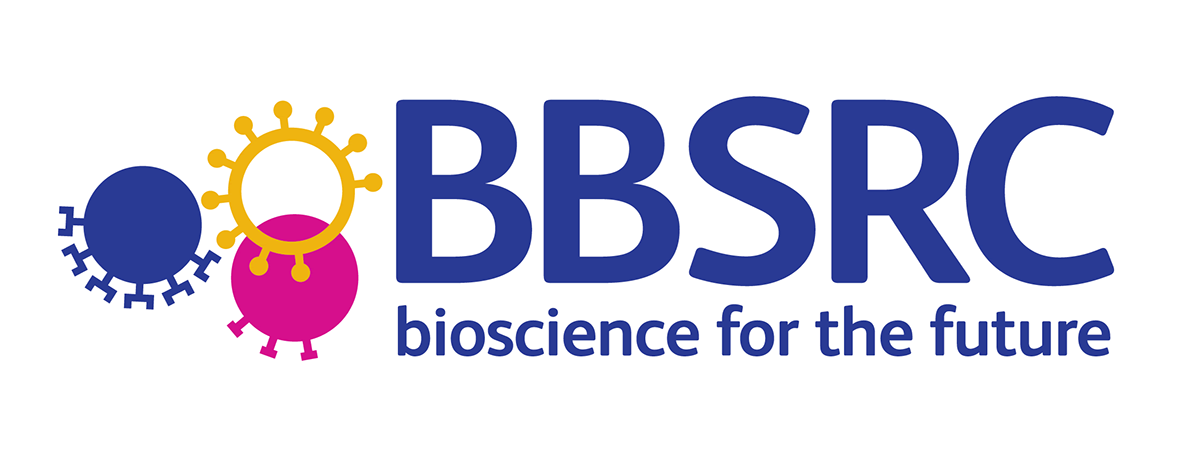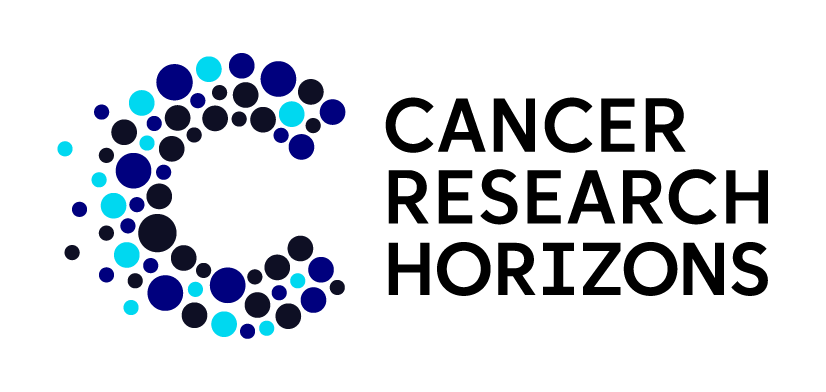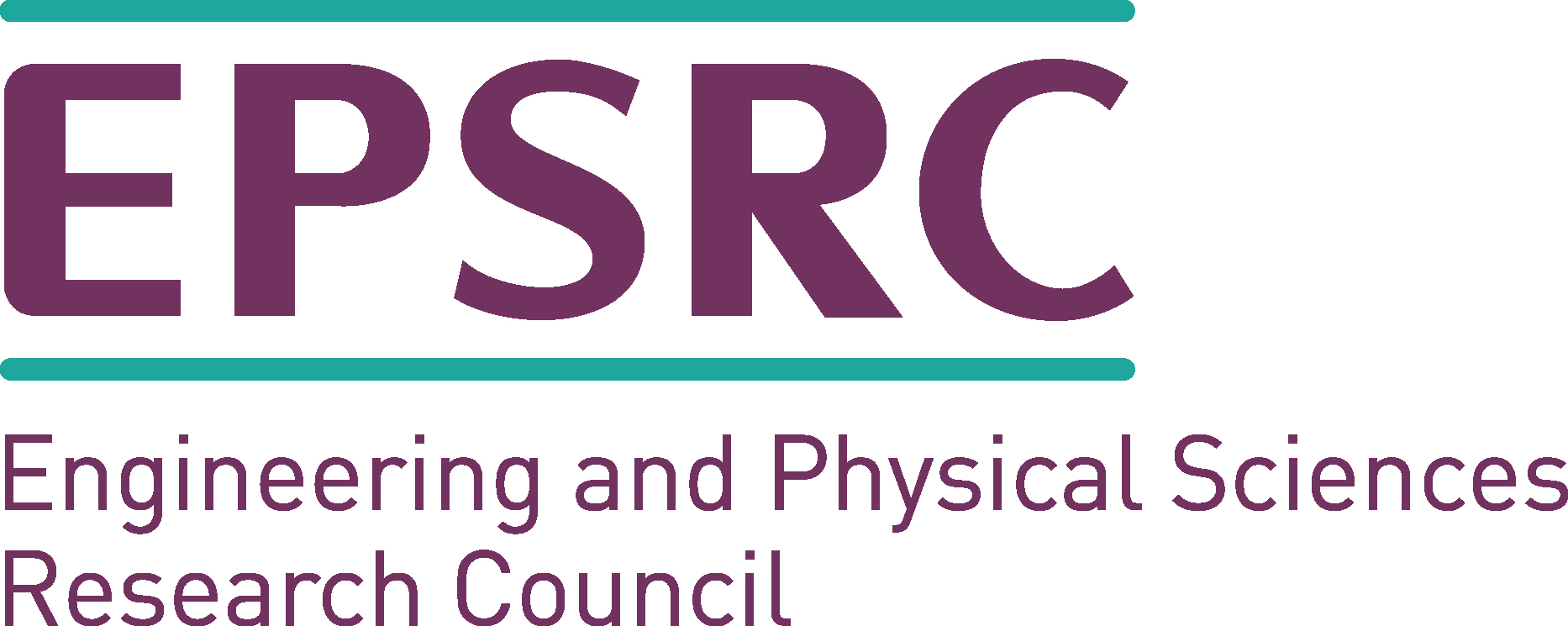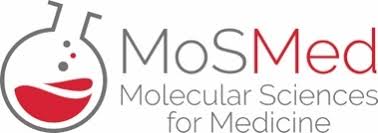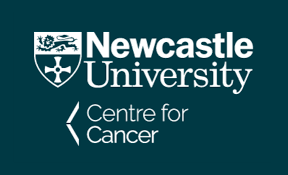Prof. Martin Noble
Research in Martin’s group has consistently focussed on understanding the molecular recognition events that drive cellular signalling processes, and in exploiting that understanding to produce new chemical probes and leads for drug discovery. Within this remit he has contributed to 126 papers in the Scopus database, with an h-index of 56.
Structural biology of protein kinases. Using structural biology to understand molecular mechanisms involved in cell signalling, Martin has researched and published extensively on the action and regulation of protein kinases, and in particular kinases and regulators involved in controlling the eukaryotic cell cycle. He has also researched the interplay between cell adhesion and cell signalling by solving crystal structures of proteins that form focal adhesions as well as that of CD44, the principle cellular hyaluronan receptor.
Structure-based drug design. In the field of structure-based drug design, Martin has jointly solved the first reported structures for a number of potential drug targets. He has also deposited circa 200 structures into the PDB, principally drawn from drug targets and their complexes with inhibitors. Since joining the Newcastle DDU, Martin has worked with Professor Jane Endicott to embed structural biology and biophysics into the CRUK Newcastle Drug Discovery Unit. The first major output of this is the compound ASTX295, currently in Phase I clinical trials for evaluation in TP53 wild type tumours.
Developing the discipline of macromolecular crystallography. Structure determination by X-ray crystallography is a computationally intensive process for which Martin has participated in the development of enabling software and contributed to national and international teaching. In particular he spent four years as chairman of the Executive Committee of Collaborative Computational Project 4 (CCP4), an RCUK-supported, not-for-profit organisation that is responsible for the development, curation and dissemination of software and best practise in macromolecular X-ray crystallography. CCP4 has an annual income of circa £1.5M, funded by a joint BBSRC/MRC grant and by license income from commercial users of the software. The role of the Executive Committee is to coordinate and prioritise the activities of a core team that is embedded in the Computer Sciences Division of the Science and Technology Facilities Council on the Harwell campus, as well as that of developers supported in seven different academic institutions. Subsequent to his tenure as chairman, Martin has served as project champion and joint chief developer of CCP4i2, a set of pipelining, database, and user interface tools designed to provide access to the software distributed in the CCP4 suite. There are thousands of installed instances of CCP4 worldwide, and the software is made available free for the use of the academic community. Over the past 20 years, Martin has also played a key role in the two-yearly BCA/CCP4 summer school in computational crystallography, which he co-organised for three consecutive schools in Oxford. This school attracts attendees from across the world and serves as one of the UK’s leading resources for nurturing interdisciplinary structural biology.
Discovery of crysalins. Martin also jointly invented and patented crysalins - a novel class of self-assembling materials that are ordered on the atomic scale and which may find utility in a variety of nanotechnology applications. Martin is a co-inventor on granted patents that relate to their use and is working with colleagues in Oxford to broaden the use of aspects of this technology in the growing area of cryoelectron microscopy. Based on these materials, Martin became an academic co-founder of Crysalin Ltd, a spin out company from Oxford University.

